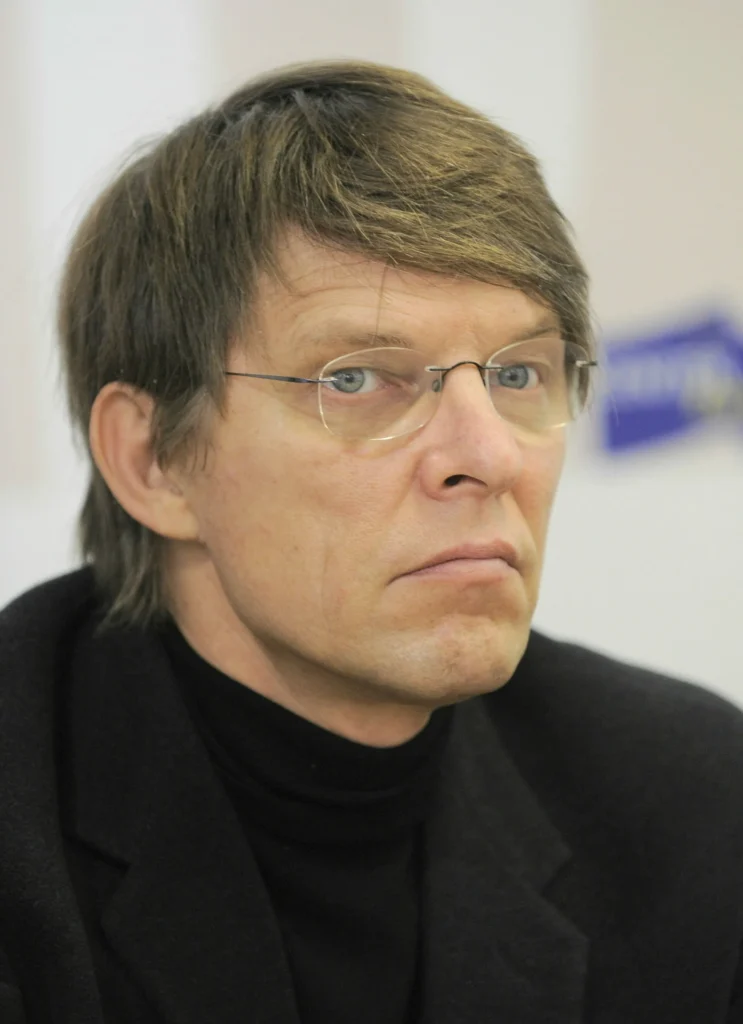Former professor of the Faculty of Arts, Igor Pribac, labelled a young member of the Slovenian Democratic Party (Slovenska demokratska stranka – SDS), Karin Planinšek, a “racist” after she posted a video on social media in which she commented on the level of (non)democracy taking place in France. A number of public figures have come to her defence and condemned Pribac’s action.
“Labelling everyone as fascists is sinister and a sign of possible hard times. People who do this are dangerous,” wrote Borut Rončevič on the social network X. He was commenting on the words of Igor Pribac, which the latter directed at Karin Planinšek. Pribac was stripped of his title of associate professor at the Faculty of Arts, University of Ljubljana, for sexually harassing young girls.

In the video in question, Karin Planinšek asked her social media followers, “How can we call ourselves democratic when certain political parties are practically banned?” She raised the issue of the National Rally party (RN), led by Marine Le Pen, which won the democratic elections in France and which the French left is calling for to be banned.
Pribac replied to the SDS member, writing: “Because democracy is not the only criterion of legitimacy. Respect for human rights is also necessary. Otherwise, you may be praising democratically elected racism. And maybe you are doing it on purpose. Because you are a racist.”
Throughout history, dehumanisation has been used mainly to exploit or control different groups of people. The basic concept of dehumanisation is to treat someone as less than equal, to deprive them of their value and rights as human beings and/or to exploit them. The former Director-General of the Police, Dr Anton Olaj, also believes that dehumanisation is involved in Pribac’s comment, writing: “I agree. Labelling people who think differently with the words like fascist, neo-Nazi, far-right, Janšaist, etc., is dehumanising. The cases of “Brščič” and the “purge” of police officers may be consequential examples. I wonder whether, in addition to legal violence, is physical violence also being prepared? Igor Pribac?”
Dehumanisation has encouraged countless acts of violence
Michelle Maiese, chair of the philosophy department at Emmanuel College, believes that dehumanisation is a process. She presents this in a sensible way, so I will use some of her work here. Maiese defines dehumanisation as “the psychological process of demonising the enemy, making them seem less than human and therefore unworthy of humane treatment.”
Dehumanisation often starts with the creation of an “image of the enemy”. Dehumanisation has given rise to countless acts of violence, human rights violations, war crimes and genocides. It enables slavery, torture and human trafficking. The dehumanisation of others is the process by which we come to accept violations of human nature, of the human spirit and – for many of us – of the central tenets of our faith.
T. B.


